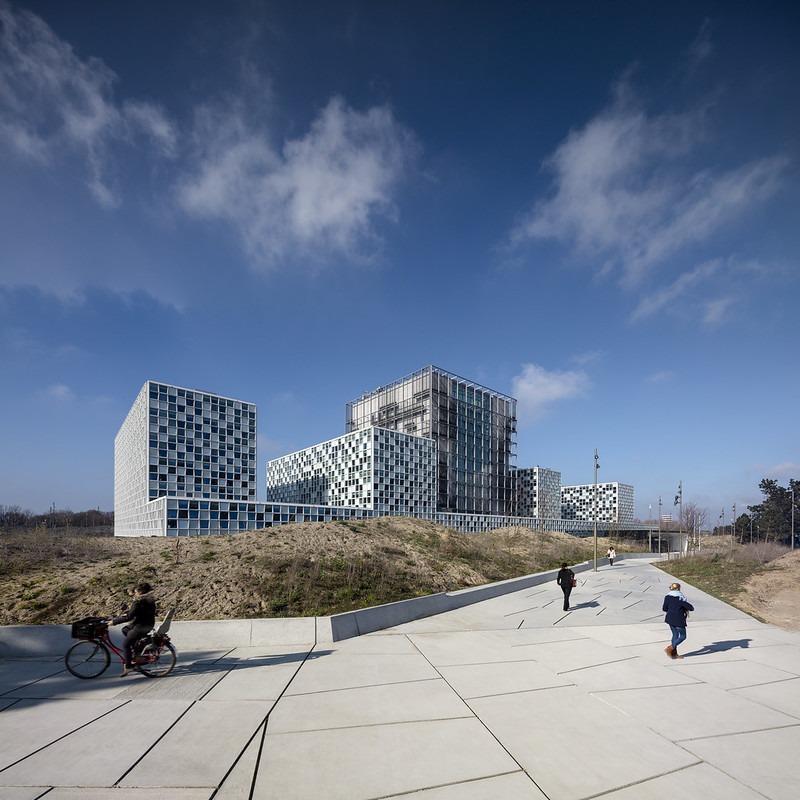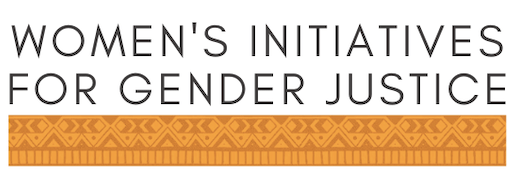
Statement to COJUR on the ICC Prosecutor election & ending the culture of sexual harassment and bullying at the ICC
The Women’s Initiatives for Gender Justice made a statement on the ICC Prosecutor Election at the meeting of the European Union’s Council Working Group on Public International Law, focused on the International Criminal Court (COJUR-ICC), on 3 November 2020. Alix Vuillemin Grendel, Senior Advocacy Adviser, delivered the following statement, which followed the presentation of Mariana Pena, Senior Legal Officer, on behalf of the Open Society Justice Initiative.
Women’s Initiatives for Gender Justice would like to discuss two points, namely: (1) the culture of sexual harassment and bullying at the International Criminal Court (ICC); and (2) the issue of persistent rumours of sexual harassment allegedly committed by ICC Prosecutor candidates.
(1) the culture of sexual harassment and bullying at the ICC
The IER final report details that the ICC is a place, like many others in the international criminal law (ICL) field, where bullying, harassment, discrimination against women, and sexual harassment are present. The experts state that: “They heard a number of accounts of sexual harassment, notably uninvited and unwanted sexual advances from more senior male staff to their female subordinates. Female interns seemed to be particularly vulnerable to such approaches […]”
The IER describes this as predatory behaviour.
In the words of ICL expert Danya Chaikel, one cannot commit to accountability for the worst crimes known to humanity, including SGBV, and then turn around and sexually harass the intern.
Since the IER report came out, I have on several occasions been posed the question: is the sexual harassment worse at the ICC than in other institutions? My response is: does it matter? Is there a level or percentage of general acceptance of sexual harassment, within an institution? It sometimes feels like there is.
We urge you to offer specific and robust recommendations to the ICC and commit your ministry’s support and expertise to assist the ICC in getting rid of this culture of predatory behaviour. The IER findings, and your work to implement its recommendations are a key opportunity to do so. The low reporting of victims, caused by fear, stigma, and distrust should never be an excuse not to address this issue head on.
(2) persistent rumours of sexual harassment allegedly committed by ICC Prosecutor candidates
Another very tangible opportunity to address the culture of sexual harassment within the ICC is, as the IER notes, through leadership. I quote: “Predatory behaviour in the workplace is a complex problem and needs a multipronged response to address the cultural dimension of the issue, and the first step to any serious change in the culture of an organisation is leadership”
We see how difficult the negotiations on the next Prosecutor have become and we are deeply concerned about the lack of transparency and the perception or reality of politicisation in the current discussions.
We fully subscribe to the points made by Open Society Justice Initiative. Allow me to emphasize the following:
- By moving away from the agreed upon process, politicization, rumours and gossip have become abundant, also regarding sexual harassment allegations made against candidates.
- The allegations are not hypothetical. But there is also no mechanism to allow for any form of due process.
- A mechanism to ensure that victims have a place to voice complaints and that candidates can respond to allegations is essential.
- It is squarely the responsibility of the ASP to make sure there is a process. Without it, rumours and gossip remain, potential victims are left to fend for themselves, and candidates are not given an opportunity to defend themselves.
- The CEP itself has stated that it could not investigate sexual misconduct complaints it received, so this must still happen. This was not part of the so-called vetting conducted by the CEP.
- Also, knowing that a number of your governments are considering names not on the short-list, we call upon you to ask the CEP to disclose its assessment of any candidates who will be under further consideration, including why the CEP declined to advance these individuals to the shortlist.
- If other candidates outside the shortlist are considered, they must participate in public hearings, also to ensure opportunities for them to respond to questions.
- The process ahead should focus only on merit.
- There should be transparency of the deliberations.
